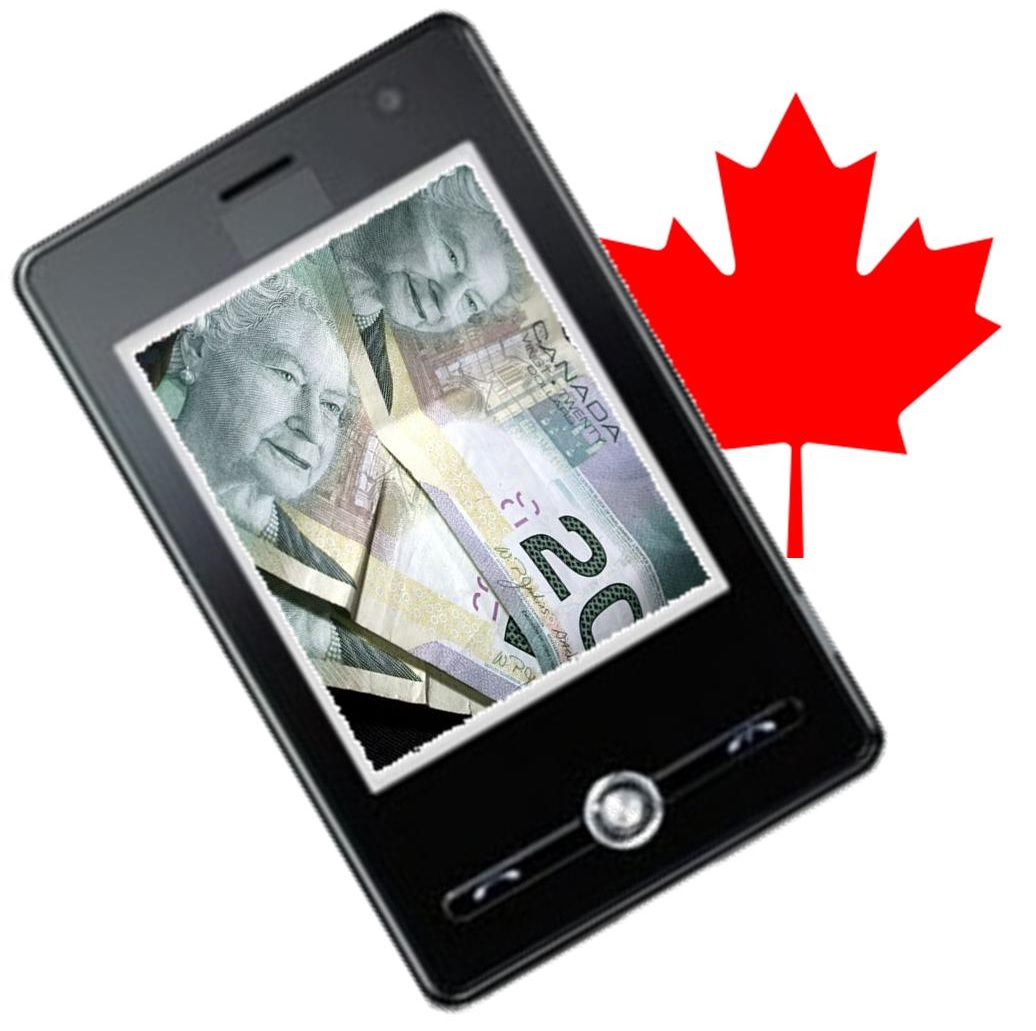New legislation could allow merchants to charge a fee on all mobile transactions
New legislation in Canada could cause some turbulence in the mobile commerce space. Some of the country’s lawmakers have introduced legislation that would allow Canada’s merchants to institute a surcharge on customers paying for products from a mobile device. Having to pay additional fees may make mobile commerce somewhat less popular among consumers, but merchants have been having to deal with these fees for some time.
Payment services are proving to be a costly investment for merchants
Organizations that offer mobile payment services, such as Visa and MasterCard, also charge a fee for the merchants that use these services. Generally, merchants pay approximately 2.5% per transaction made through a payment platform. Many merchants have avoided embracing mobile payments because of these fees, while others have seen little issue with the practice. In the case of Visa and MasterCard, the two companies have begun lowering the fees on transactions in order to make mobile payment services more popular among smaller merchants.
Surcharges on mobile transactions could help merchants become more financially stable
 Per the new legislation, merchants may be able to offset the financial impact of high interchange fees by imposing fees of their own. Many merchants see mobile commerce as a costly investment and becoming involved in this space has proven to be quite expensive. By imposing fees on mobile transactions, retailers may be able to see some financial gain from their mobile initiatives. Additional fees may not be popular among consumers, however, who may look for merchants that do not charge for mobile transactions rather than support those that do.
Per the new legislation, merchants may be able to offset the financial impact of high interchange fees by imposing fees of their own. Many merchants see mobile commerce as a costly investment and becoming involved in this space has proven to be quite expensive. By imposing fees on mobile transactions, retailers may be able to see some financial gain from their mobile initiatives. Additional fees may not be popular among consumers, however, who may look for merchants that do not charge for mobile transactions rather than support those that do.
Merchants may be unlikely to charge for mobile transactions until they can no longer handle other costs
While many merchants have expressed concerns over the financial aspects of mobile commerce, relatively few of them are likely to begin charging for mobile transactions. When a high profile platform, such as Apple Pay, arrives in Canada, however, merchants may change their minds regarding the matter. Such a platform introduces more complexity to the commerce space and has the potential to raise costs for merchants, which will need to be offset for the sake of financial survivability.

 The survey also found that digital currencies are beginning to gain traction among consumers. Approximately 18% of those surveyed expect to be using some form of digital currency on a weekly basis by 2020. Many have shown favor for Bitcoin, as it is one of the most popular digital currencies currently available. High-income consumers are those most likely to use digital currencies in the coming years, with millennials accounting for the minority.
The survey also found that digital currencies are beginning to gain traction among consumers. Approximately 18% of those surveyed expect to be using some form of digital currency on a weekly basis by 2020. Many have shown favor for Bitcoin, as it is one of the most popular digital currencies currently available. High-income consumers are those most likely to use digital currencies in the coming years, with millennials accounting for the minority.